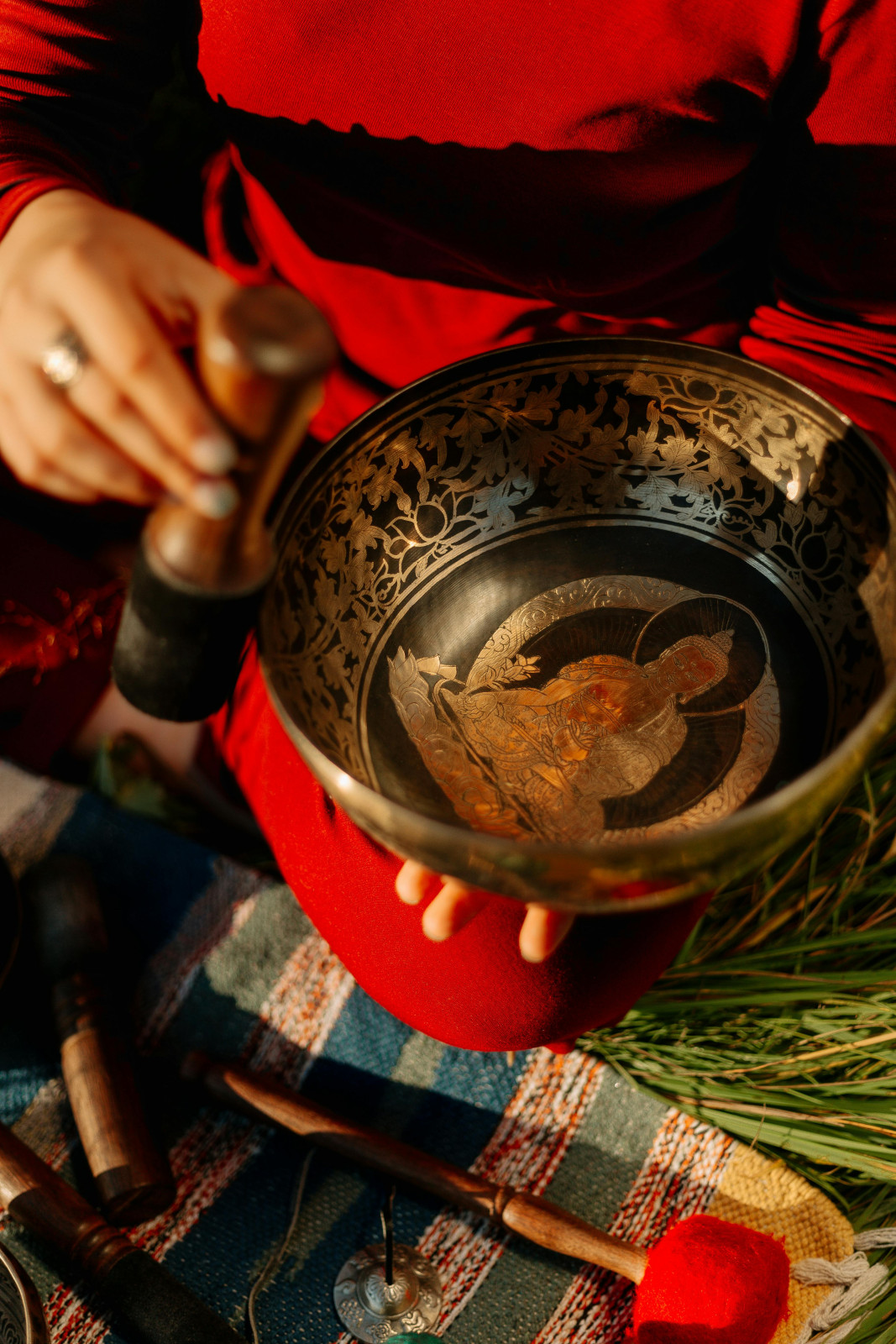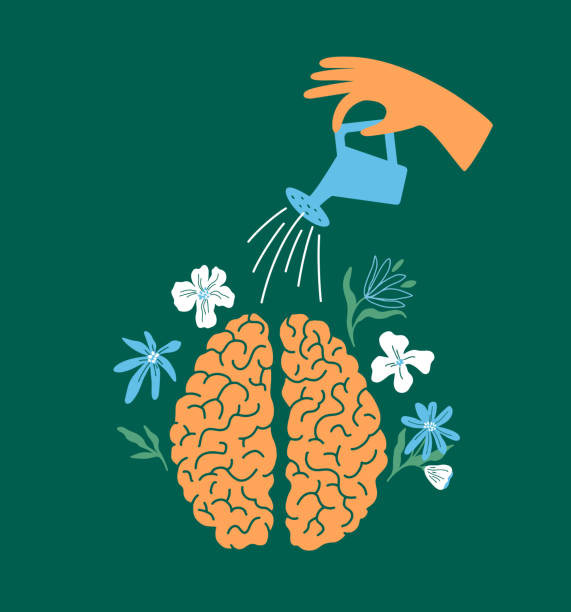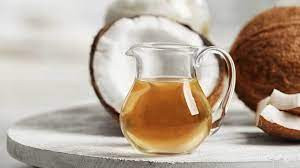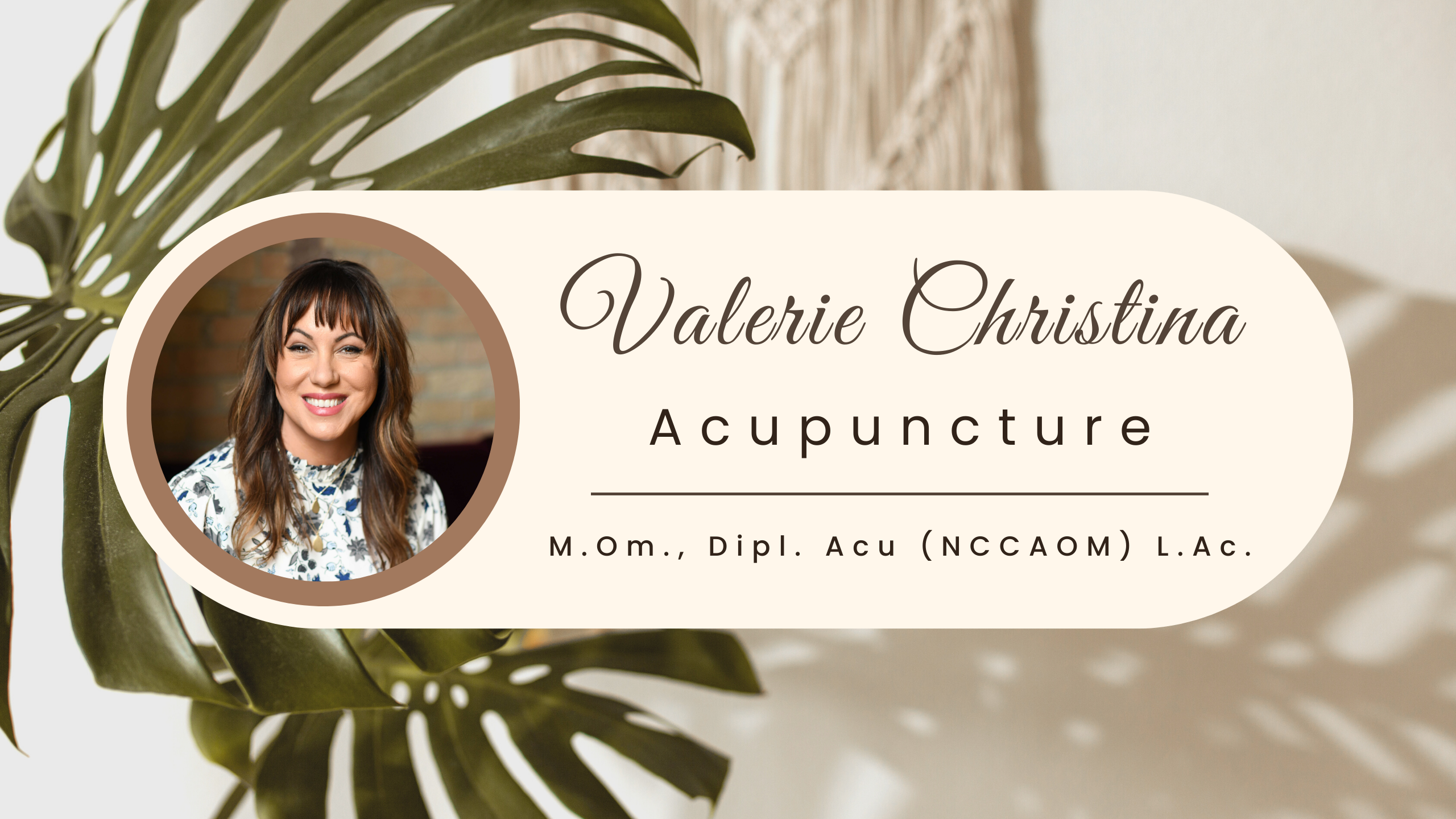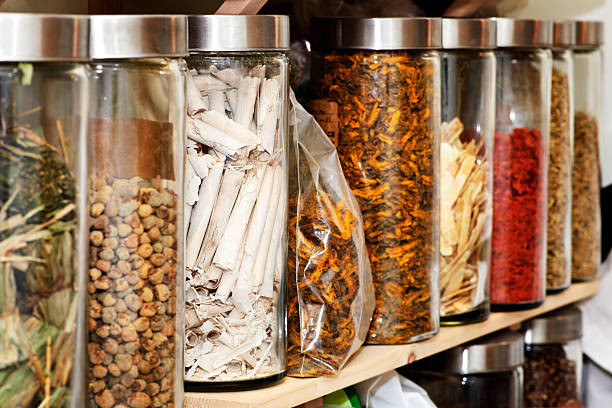
In the quest for optimal health, the gut biome stands as a critical frontier. This complex community of microorganisms residing in our digestive tract plays a pivotal role in digestion, immune function, and even mood regulation. As science delves deeper into the gut-brain connection, the focus on nurturing a balanced and vibrant gut ecosystem has never been more imperative. Among the myriad of strategies to bolster gut health, incorporating specific herbs and supplements emerges as a natural and effective approach.
Understanding the Gut Biome
Before we explore the herbal remedies, let's gain a brief insight into the gut biome. Encompassing bacteria, viruses, fungi, and other microscopic living things, the gut biome is unique to each individual, influenced by diet, lifestyle, and environment.
The gut microbiome, a diverse ecosystem of microorganisms living in our digestive tract, plays a crucial role in maintaining overall health and well-being. These tiny inhabitants not only aid in digestion but also influence various aspects of our health, including immune function, mental health, and metabolism. A balanced and diverse gut microbiome is essential for proper nutrient absorption, immune system regulation, and even mood stabilization.
However, factors such as poor diet, stress, antibiotics, and environmental toxins can disrupt the delicate balance of our gut flora, leading to digestive issues, inflammation, and susceptibility to diseases. Chronic stress, in particular, can have detrimental effects on the gut microbiome, altering its composition and reducing microbial diversity. This disruption can compromise gut barrier function, increase intestinal permeability, and trigger inflammation, contributing to conditions such as irritable bowel syndrome (IBS), inflammatory bowel disease (IBD), and other gastrointestinal disorders.
By prioritizing a diet rich in fiber, fermented foods, and prebiotics, along with adopting healthy lifestyle habits and stress management techniques, we can nurture our gut microbiome and promote optimal health from the inside out. Embracing the importance of maintaining a healthy gut biome, especially in the face of stress, can be a transformative step toward achieving overall wellness and vitality.
Herbs and Supplements for Gut Health
The incorporation of specific herbs and supplements can aid in the maintenance of a healthy gut biome, potentially easing digestive issues, boosting immunity, and enhancing overall well-being. Here's a look at some of the most beneficial options:
1. Probiotics: The Beneficial Bacteria
Probiotics are live microorganisms that add to the population of healthy microbes in your gut. These can be found in fermented foods like yogurt, kefir, and kimchi, or taken as supplements. Probiotics like Lactobacillus and Bifidobacterium species have been shown to enhance gut flora balance.
2. Prebiotics: Nourishing the Good Bacteria
Prebiotics are non-digestible food components that promote the growth of beneficial bacteria in the gut. Foods rich in prebiotics include garlic, onions, bananas, and asparagus. Supplemental forms, often derived from chicory root or inulin, can also be effective.
3. Fiber: The Unsung Hero
A diet high in fiber is crucial for gut health, as it helps to keep the digestive system moving and prevents constipation. Beyond this, certain fibers such as psyllium husk act as prebiotics, feeding the beneficial gut bacteria.
4. Herbal Remedies: Ancient Wisdom for Modern Health
Chinese herbal medicine offers various herbs that are commonly recommended for maintaining a healthy digestive tract. Here are some commonly used Chinese herbs for digestive health:
- Ginger (Sheng Jiang): Ginger is widely used in traditional Chinese medicine (TCM) to aid digestion, alleviate nausea, and reduce inflammation in the digestive tract.
- Licorice Root (Gan Cao): Licorice root is known for its soothing properties and is often used to relieve gastrointestinal discomfort, including indigestion and heartburn. It also has anti-inflammatory effects.
- Peppermint (Bo He): Peppermint is commonly used to alleviate symptoms of irritable bowel syndrome (IBS), including bloating, gas, and abdominal discomfort.
- Atractylodes (Bai Zhu): Atractylodes is used to strengthen the digestive system, improve appetite, and relieve bloating and diarrhea.
- Codonopsis (Dang Shen): Codonopsis is believed to tonify the spleen and stomach, promoting healthy digestion and increasing energy levels.
- Poria Mushroom (Fu Ling): Poria mushroom is often used in combination with other herbs to support healthy digestion, relieve diarrhea, and reduce fluid retention.
- Gentian Root (Long Dan Cao): Gentian root is known for its bitter taste, which stimulates digestive juices and promotes healthy digestion. It is often used for indigestion and liver support.
- Chinese Rhubarb (Da Huang): Chinese rhubarb is a potent herb used to relieve constipation and promote bowel movements. It is often used in formulas for colon cleansing.
- Chinese Hawthorn (Shan Zha): Chinese hawthorn berries are used to aid digestion by promoting the breakdown of fats and reducing food stagnation in the digestive tract.
- Bupleurum (Chai Hu): Bupleurum is commonly used in formulas to regulate the flow of qi (vital energy) in the body, which can help alleviate symptoms of digestive disorders such as bloating and discomfort.
A Holistic Approach to Gut Health
While herbs and supplements offer considerable benefits, they are most effective when part of a holistic approach to health that includes stress management, regular exercise, adequate sleep, and a balanced, nutrient-rich diet. Always consult with a healthcare provider before adding new supplements to your routine, especially if you have existing health conditions or are taking medications.
The exploration of herbs and supplements for gut health marries the ancient wisdom of herbal medicine with contemporary scientific understanding, offering a natural pathway to maintaining a vibrant and balanced gut biome. Embracing this integrative approach can lead to profound improvements in health, vitality, and well-being.
Remember, it's essential to consult with a qualified healthcare professional or licensed TCM practitioner before using Chinese herbs, especially if you have any underlying health conditions or are taking medications, to ensure they are safe and appropriate for your individual needs.






